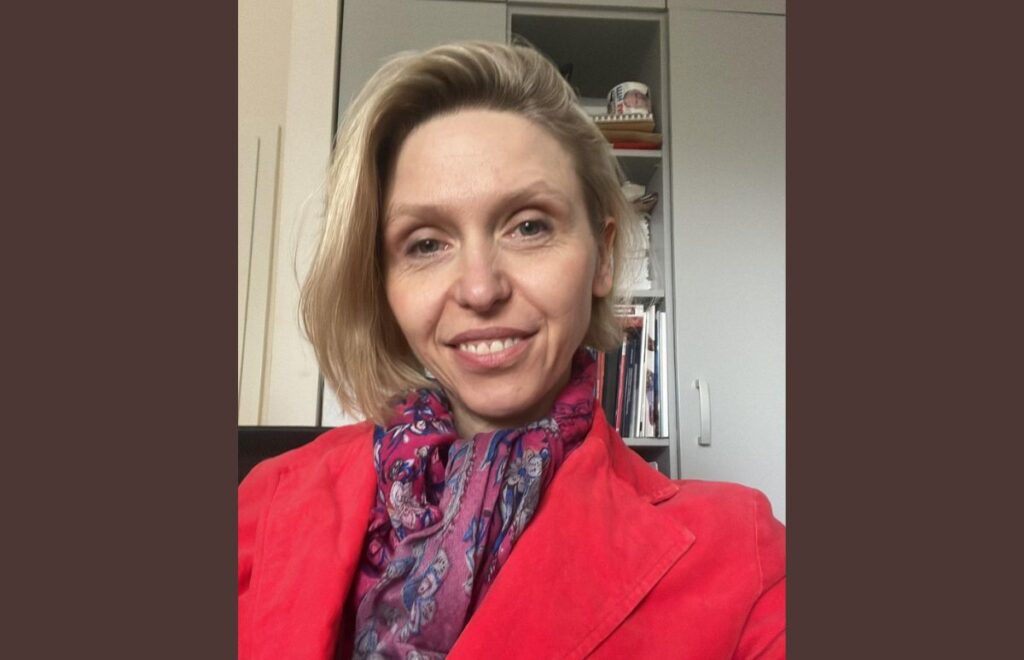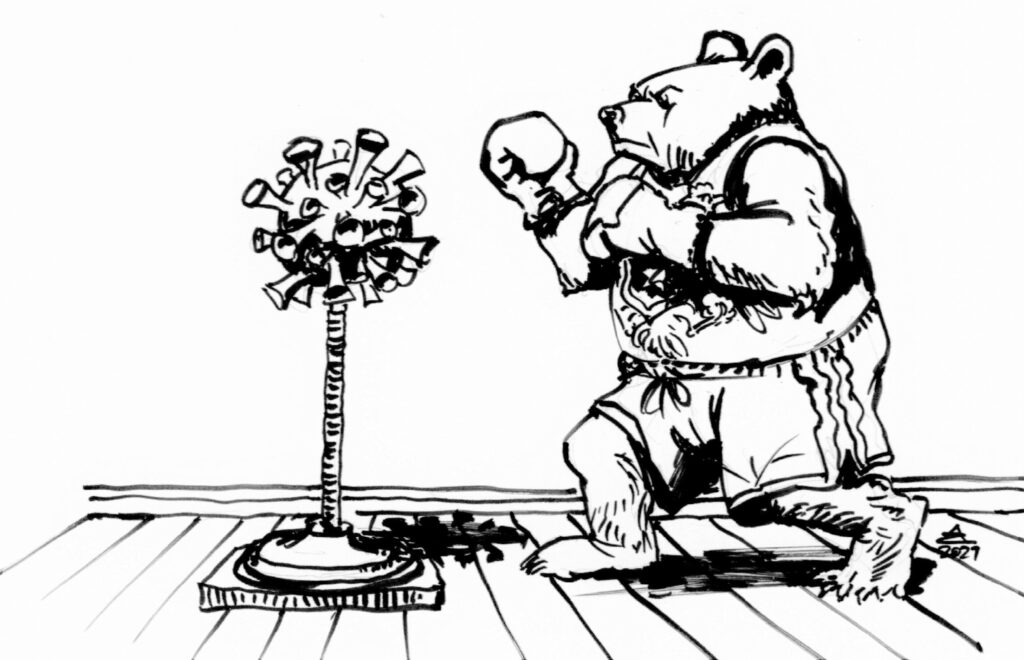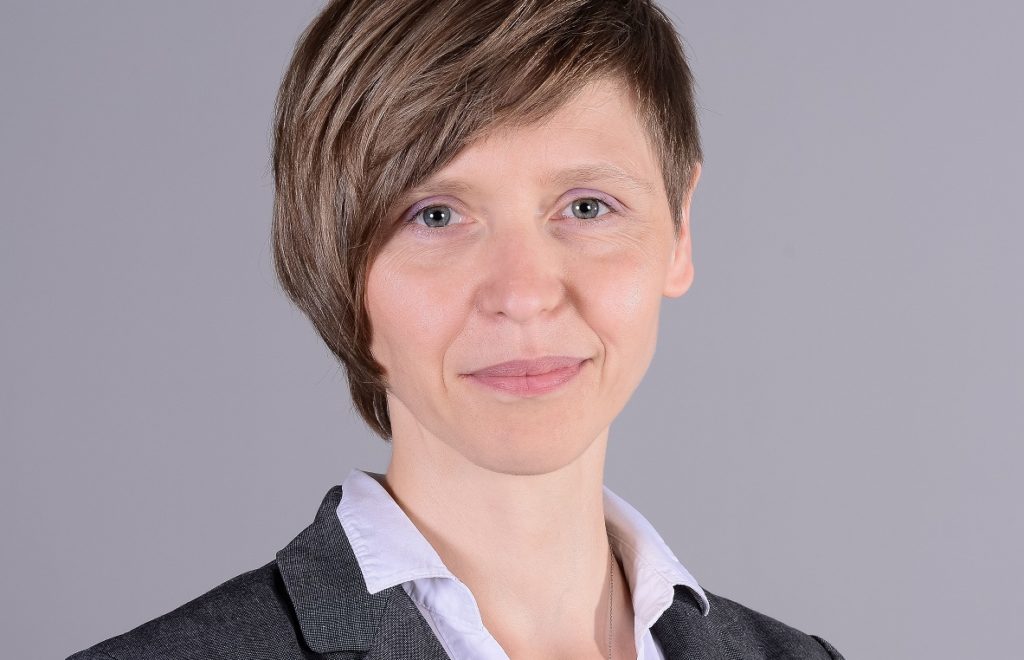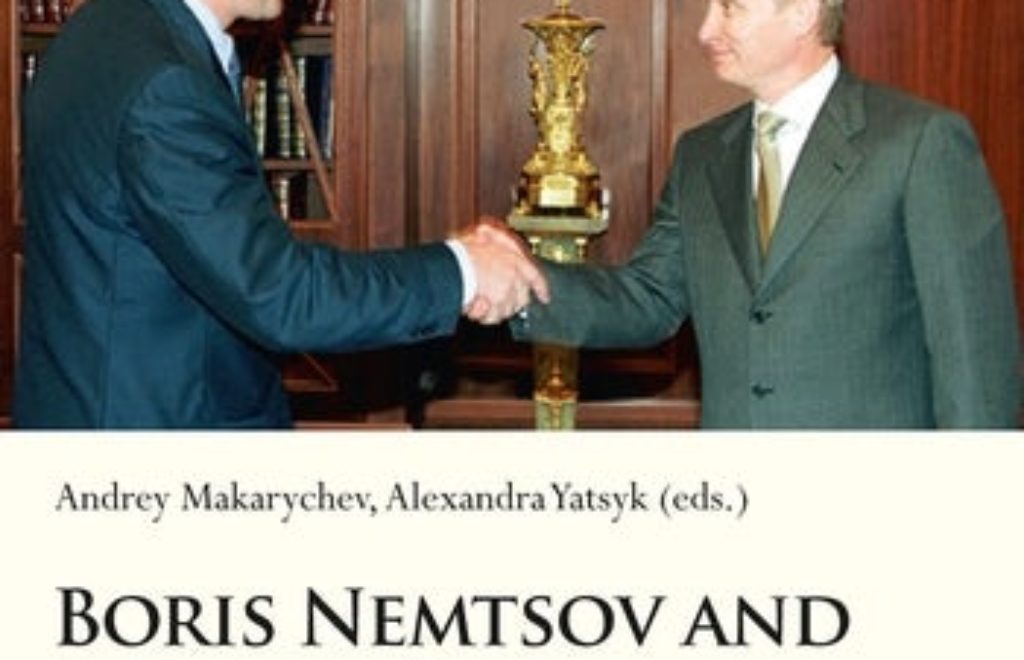Disinformation can be tackled through everyday habits
MACIEJ MAKULSKI: Do you see a qualitative difference in Russia’s information war strategy in recent times, especially since the beginning of the full-scale invasion of Ukraine? Or is it rather more of the same?
AGNIESZKA LEGUCKA: We are definitely in an information war. On the one hand Russia has been challenged by several blockades, especially in the European Union, of its so called media like RT, Sputnik, or 60 минут (60 minutes, a TV show broadcasted on the state-owned Channel One Russia – editor’s note). On the other hand, Russia has adapted to this new situation by moving to the “underground”, as seen through closed Facebook groups. Russian trolls have started to be much more active in several different countries. There is evidence that the trolls are very active in countries such as Hungary and Germany, which might be seen as weak spots.
April 29, 2023 - Agnieszka Legucka Maciej Makulski







































